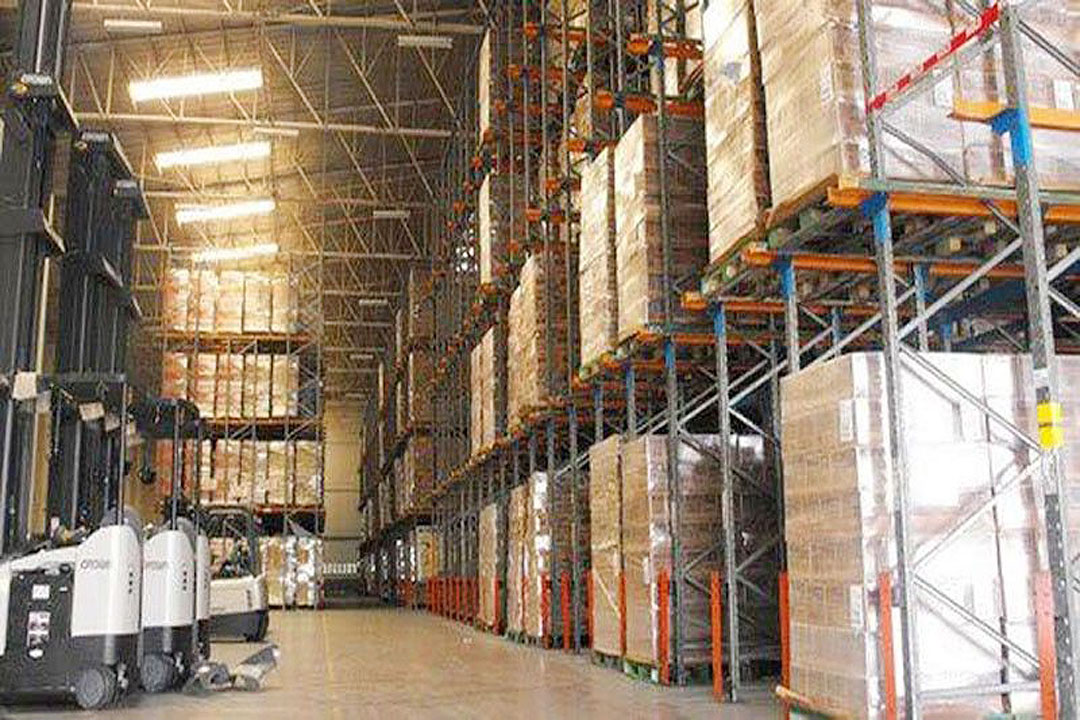Farmers express support for legislation creating cold-storage network

A BILL proposing to create a cold-storage network received support from farmers, who said they welcomed the opportunity to reduce post-harvest losses.
House Bill (HB) No. 10087 targets food-producing areas as potential locations for the facilities with the goal of reducing the post-harvest loss rate of about 30% for vegetables and 50% for meat and fish.
“Cold storage facilities can help reduce post-harvest losses by providing proper storage and preservation of perishable goods such as fruits, vegetables, and meat products,” according to the bill’s explanatory note.
Samahang Industriya ng Agrikultura Executive Director Jayson H. Cainglet said that cold facilities allow farmers to hold their perishable produce for longer without any deterioration in quality.
“This would help farmers (avoid market price disruptions during the harvest),” Mr. Cainglet told BusinessWorld by phone. “Cold storage facilities allow farmers to store their produce, allowing them to release their products slowly and without disrupting market prices.”
He said abundance of agricultural products during harvest season reduces their profits, sometimes even forcing farmers to “sell at a loss… due to lack of access to cold storage facilities.”
Raul Q. Montemayor, national manager of the Federation of Free Farmers, said that “inventory financing” should also be added to the proposed measure so that “farmers can borrow much-needed money” to sustain their operations while waiting for prices of agricultural goods to go up during the off-season.
Mr. Cainglet also said that the absence of other facilities contributes to post-harvest losses: “logistics, warehousing, silos. If farmers don’t have access to these, there will indeed be losses.”
It has to be a “complete system in order for the (measure) to work for farmers,” adding that logistics systems should also be considered to strengthen “marketing linkages” to “bring stored stocks to buyers,” Mr. Montemayor told BusinessWorld via Viber.
A report from the Cold Chain Association of the Philippines noted that meat and fish products dominate demand for cold storage. Meat and fish products occupy at least 60% of cold storage sites by floor area.
To boost participation from the private sector, the bill also stipulates that private cold chain operators would be offered incentives like tax holidays, exemptions, discounts, subsidies, and other forms of financial assistance for investing in such facilities.
The proposed measure tasks the Departments of Agriculture and Trade and Industry to ensure that cold storage sites “contain goods processing rooms and such equipment such as blast freezers and ice plant components,” according to Section 3 of the bill.
HB No. 10087 has been with the House Committee on Agriculture and Food since March 13. — Kenneth Christiane L. Basilio



